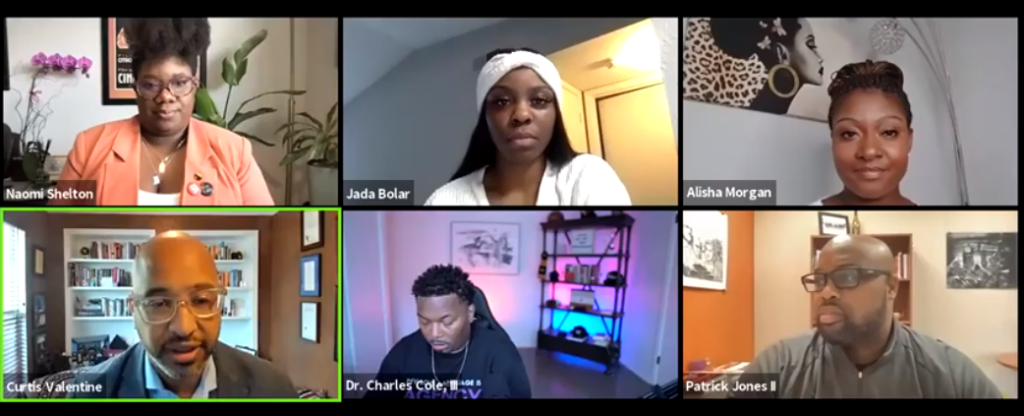 State legislators across the country made inroads this past year to secure more options for families intent on finding the appropriate educational environment for their children. In almost all cases, that legislation followed on the heels of vociferous advocacy on the part of education choice groups.
State legislators across the country made inroads this past year to secure more options for families intent on finding the appropriate educational environment for their children. In almost all cases, that legislation followed on the heels of vociferous advocacy on the part of education choice groups.
All well and good, says former Georgia state Rep. Alisha Morgan. But where are the parents when it comes to carrying the education choice message?
“It’s mostly us advocates … who are out front, who understand this, who are doing it. But we don’t see the number of parents that we need to see. And we don’t see the number of young people,” Morgan commented at an Aug. 4 panel discussion presented by The 74 and the Progressive Policy Institute’s Reinventing America’s Schools program. “We lack the sense of urgency that we need that would have existed in other movements.”
Morgan was among a handful of panelists who came together to mull three questions at the discussion hosted by Curtis Valentine, co-director of the Reinventing America’s Schools project: What will American public schools look like in 2050? What should education choice advocates be fighting for? And who should be at the table driving education choice change?
Weighing in along with Morgan on the importance of empowering parents, particularly those of color, to have a voice in how and where their children are schooled were Jada Bolar, executive producer of the National Parents Union; Naomi Shelton, CEO of the National Charter Collaborative; Patrick Jones, senior vice president of The Mind Trust; and Charles Cole, founder of the education advocacy group Energy Convertors.
Bolar delivered a first-hand account of her education experience, recalling how her mother, Kelly Williams-Bolar, served time in jail for lying about her residency to get Jada and her other daughters into a school in a higher-performing school district than the one for which they were zoned.
In Bolar’s new school district, “we had greenhouses; we had computer labs; we had a rock-climbing wall,” Bolar said. By contrast, “in Akron, Ohio, we had a box, with dirt. And that was our greenhouse.”
You can watch the webinar here.



[…] Posted: Mon, 09 Aug 2021 19:00:22 GMT [source] […]
[…] Posted: Mon, 09 Aug 2021 19:00:22 GMT [source] […]
[…] Posted: Mon, 09 Aug 2021 19:00:22 GMT [source] […]